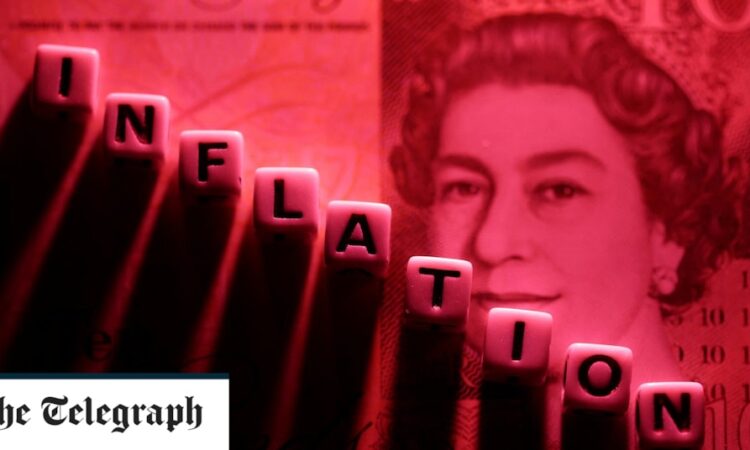
One reason the pound is up this autumn, as Rishi Sunak’s supporters are quick to point out, is that since he took over in October, the Prime Minister and Chancellor Jeremy Hunt have “steadied the ship” – not least by scrapping some of the expansionary measures in the Truss/Kwarteng mini-Budget.
Yet, a major reason for this 20pc rise against the dollar is that, as US inflation has slowed, market expectations of how high Fed rates might go have been tempered – with the headline pound-dollar rate being driven largely by a falling dollar, rather than sterling’s strength. Certainly, it was immediately after the Fed confirmed its 50-point rise, breaking its run of bolder increases, that sterling went above $1.24 for the first time in more than six months.
The pound has also risen against the euro since its September low, but by less than against the dollar – up from €1.11 in the aftermath of the mini-budget to €1.16 last week. That’s because eurozone inflation is still in double-digits, with financial markets betting the European Central Bank (ECB) will raise rates a lot more yet – unlike the Fed, which is much further down the inflation-fighting track.
Having increased eurozone rates from zero to 0.5pc in July, the ECB has since gone all the way up to 2.5p after the latest 0.5-point increase on Thursday. The same day, of course, the Bank of England also put up rates by the same amount – from 3pc to 3.5pc, a 14-year high.
Despite that, the pound fell against the euro, at least for now, in part because ECB boss Christine Lagarde delivered a very hawkish statement. The eurozone central bank has “a lot more ground to cover, and longer to go”, she insisted.
“The ECB is not pivoting”, said Lagarde, striking a contrast with the Fed – which, whatever Powell says, is now widely assumed to have concluded US inflation is now on a decisively downward trend.






